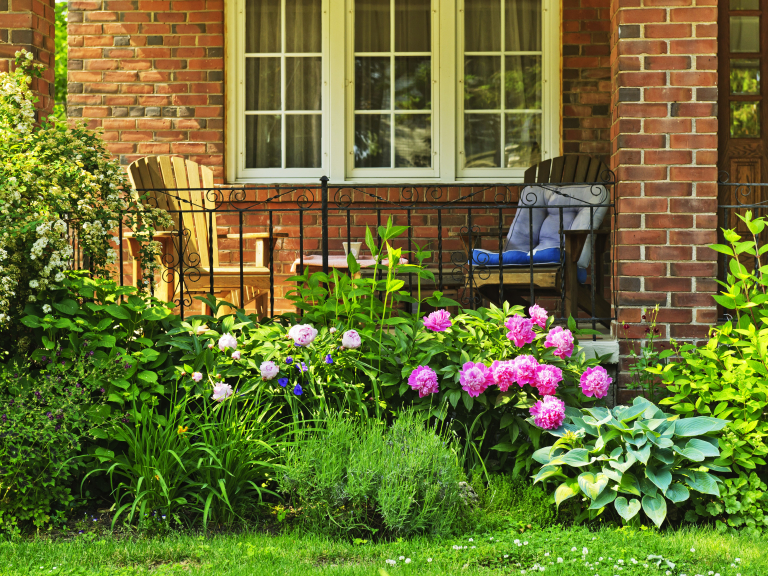
Preserving the natural habitats of animals not only prevents the delicate balance of the eco-system from being disturbed, but it also gives fascinating species the best chance of survival for many years to come.
While much of animal care revolves around common sense – such as installing stylish and functional bird feeders for winged guests, or allowing native plants to grow in order to provide food and shelter for various insects – it’s also useful to have a list of dos and don’ts to follow. So, here’s some handy advice to help you out.
Do…
Enjoy a spot of bird watching
Admiring and observing the natural wildlife in your local area is absolutely fine, so long as you don’t cause harm to the animals in any way. Bird watching is a particularly popular pastime, but if you decide to attract feathered friends by laying out food, here are some basic rules to remember.
What to do:
What not to do:
Do…
Make your garden animal friendly
One of the best ways to protect local wildlife is to ensure you garden is animal-friendly. This could mean avoiding chemicals that tend to kill off fragile insects and disrupt the eco-system, or it could mean allowing foliage to grow as this provides much-needed shelter and protection for insects. You may also consider getting rid of anything that might harm animals such as poison or spikey wires. Make an effort to lock bins to stop animals from accessing food sources that might make them sick.
Do…
Take an interest in local conservation projects
Conservation projects are important for the survival of rare species and help us find out more about the world’s creatures. So, take an interest and perhaps support such schemes through voluntary work. If the project accepts donations, you could even become a sponsor to help with funding and encourage your friends and relatives to do the same.
Don’t…
Turn a blind eye
The importance of local wildlife is often underestimated but without it the world would certain be a different place. Get involved, don’t ignore wildlife and do consider installing a bird feeder – even a step as simple as this could play a huge part in helping your local wildlife.
Jessica Foreman is a Durham University graduate specialising in business and lifestyle based writing. She has developed her skills on projects surrounding The British Broadcasting Company, and running...
The following Cookies are used on this Site. Users who allow all the Cookies will enjoy the best experience and all functionality on the Site will be available to you.
You can choose to disable any of the Cookies by un-ticking the box below but if you do so your experience with the Site is likely to be diminished.
In order to interact with this site.
To help us to measure how users interact with content and pages on the Site so we can make
things better.
To show content from Google Maps.
To show content from YouTube.
To show content from Vimeo.
To share content across multiple platforms.
To view and book events.
To show user avatars and twitter feeds.
To show content from TourMkr.
To interact with Facebook.
To show content from WalkInto.